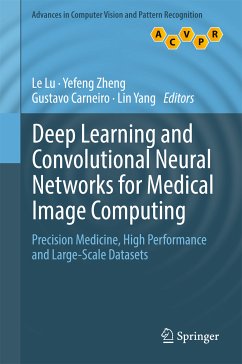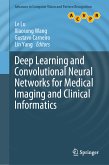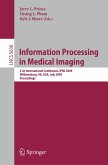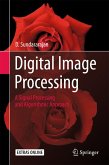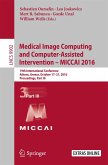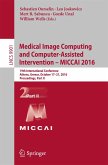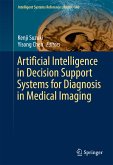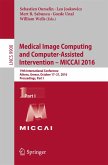Topics and features:
- Highlights how the use of deep neural networks can address new questions and protocols, as well as improve upon existing challenges in medical image computing
- Discusses the insightful research experience and views of Dr. Ronald M. Summers in medical imaging-based computer-aided diagnosis and its interaction with deep learning
- Presents a comprehensive review of the latest research and literature on deep learning for medical image analysis
- Describes a range of different methods that make use of deep learning for object or landmark detection tasks in 2D and 3D medical imaging
- Examines a varied selection of techniques for semantic segmentation using deep learning principles in medical imaging
- Introduces a novel approach to interleaved text and image deep mining on a large-scale radiology image database for automated image interpretation
This pioneering volume will prove invaluable to researchers and graduate students wishing to employ deep neural network models and representations for medical image analysis and medical imaging applications.
Dr. Le Lu is a Staff Scientist in the Radiology and Imaging Sciences Department of the National Institutes of Health Clinical Center, Bethesda, MD, USA. Dr. Yefeng Zheng is a Senior Staff Scientist at Siemens Healthcare Technology Center, Princeton, NJ, USA. Dr. Gustavo Carneiro is an Associate Professor in the School of Computer Science at The University of Adelaide, Australia. Dr. Lin Yang is an Associate Professor in the Department ofBiomedical Engineering at the University of Florida, Gainesville, FL, USA.
Dieser Download kann aus rechtlichen Gründen nur mit Rechnungsadresse in A, B, BG, CY, CZ, D, DK, EW, E, FIN, F, GR, HR, H, IRL, I, LT, L, LR, M, NL, PL, P, R, S, SLO, SK ausgeliefert werden.

